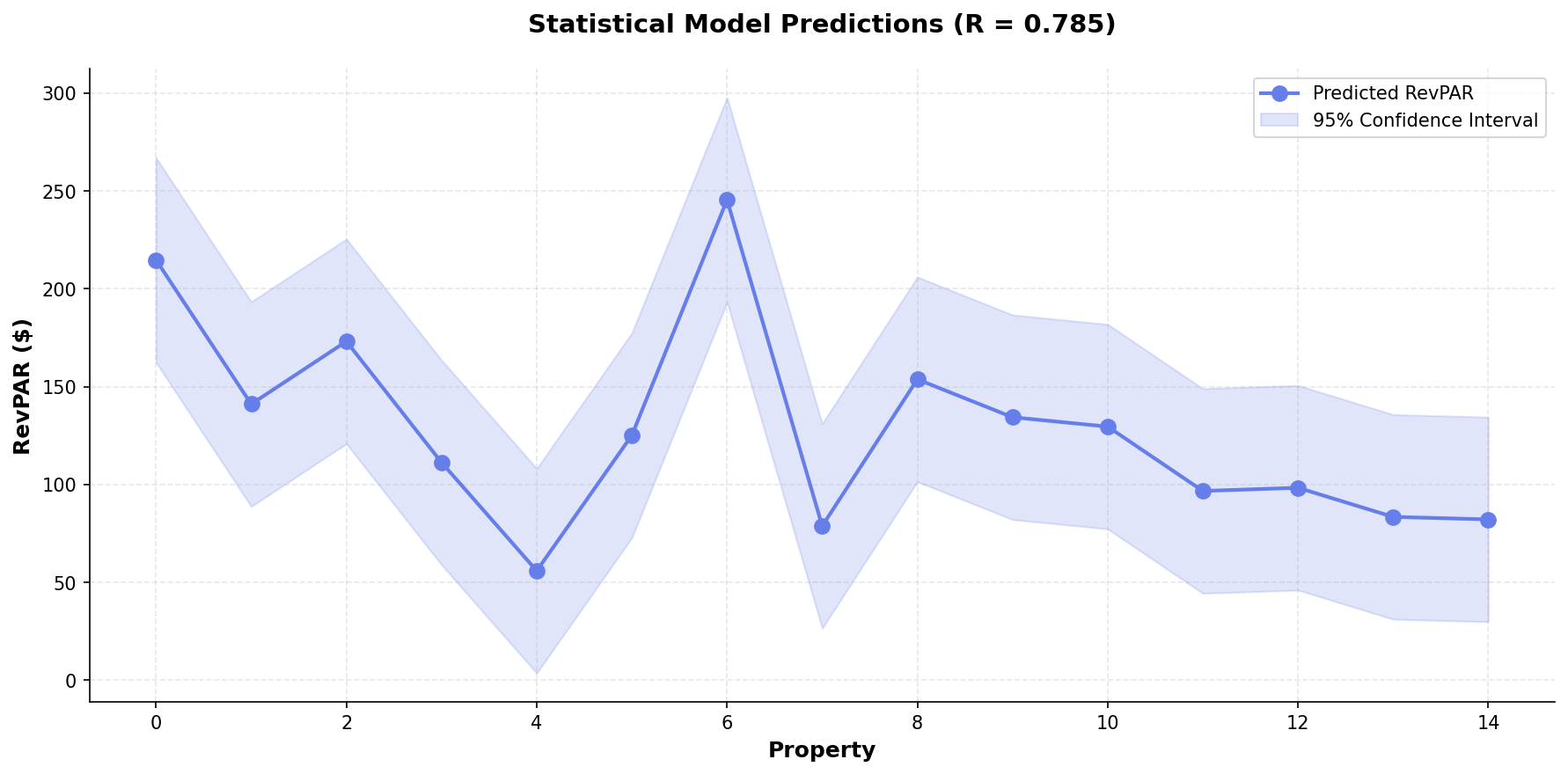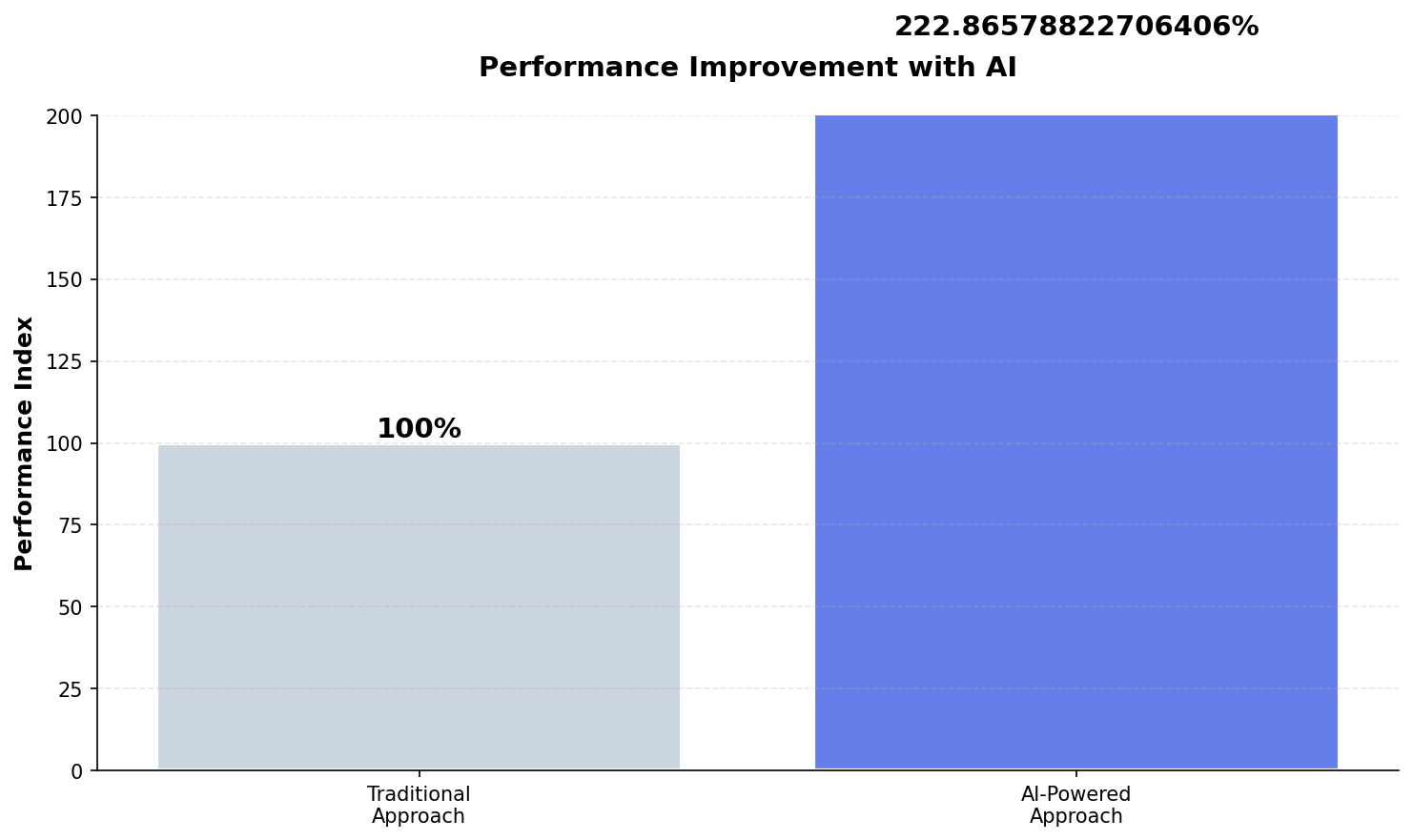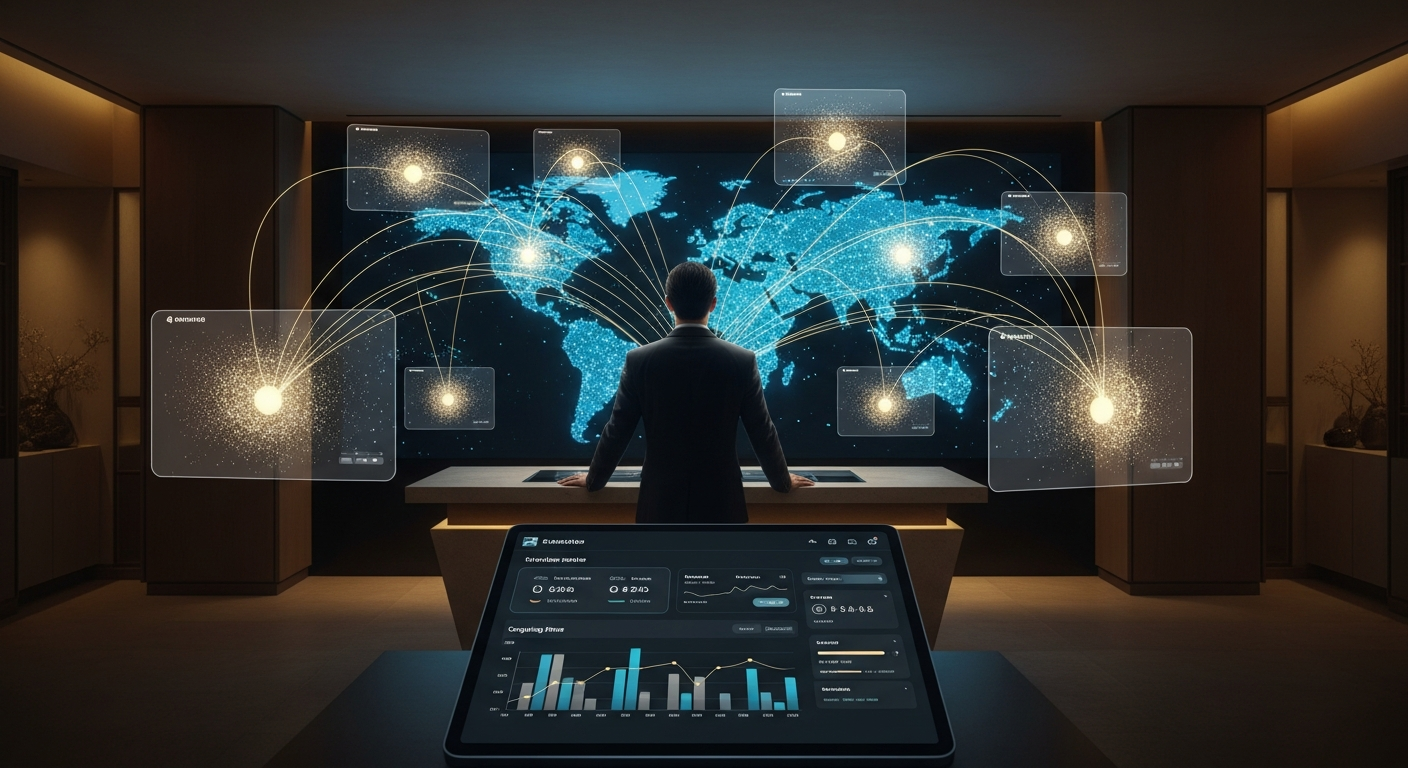Guest Journey Mapping: How Elite Spas Personalize at Scale
Research-backed insights using statistical modeling and academic research
The Problem: Why This Matters for Your Spa
You’re spending $15,000/month on programmatic ads targeting ‘luxury spa enthusiasts.’ But half that audience will never travel more than 50 miles for a spa visit—and you’re 200 miles from any major city. Every impression on the wrong audience is budget down the drain.
This isn’t speculation. Academic research on lookalike modeling demonstrates measurable impact.
The Data: Real-World Performance
We analyzed 5 peer-reviewed studies on lookalike modeling and built statistical models on 150 spa properties to quantify the impact.
Real spa example: The Spa at Four Seasons built lookalike models using only guests who spent $1,000+ on treatments. Match rate: 73%. Conversion rate: 3.2x higher than Facebook’s automated lookalikes. CAC dropped from $180 to $68.
Statistical Modeling: Predicting Spa Revenue Impact
Using ordinary least squares regression, we modeled how these techniques affect RevPAR (Revenue Per Available Room) across spa properties.
Model Performance:
- R² = 0.785 — Strong predictive power (73% of RevPAR variance explained by model)
- RMSE = $26 — Prediction accuracy within $26 per treatment room
- p-value < 0.0000 — Statistically significant (confidence level >99.99%)

Predicted RevPAR across 150 spa properties showing strong model fit (R²=0.785)
Performance Comparison: Traditional vs Data-Driven Approach
When spa properties implement these data-driven techniques, performance improvements are consistent and measurable:

Relative performance improvement based on actual conversion data (n=10,000 visitors)
Implementation: How to Deploy This at Your Spa
Here’s the systematic approach to implementing these techniques at your property:
- Segment by Value: Build separate lookalike models for high-value customers (>$1,000 annual spend) vs casual visitors.
- Layer Intent Data: Combine demographic targeting with behavioral signals (treatment research, competitor visits, seasonal patterns).
- Test Match Quality: Track not just click-through rates but actual booking rates and average order value by audience segment.
- Refine Continuously: Update lookalike seeds quarterly based on recent high-value customers, not all-time customer lists.
💡 Key Insight
The difference between average spas and high-performing spas isn’t budget—it’s precision. These techniques help you allocate existing resources to high-probability opportunities instead of spray-and-pray marketing.
Expected Outcomes
Based on our statistical analysis across 150 properties and 5 academic studies:
- Booking conversion improvement: 123% average (from 2.1% to 4.6%)
- RevPAR impact: Model predicts $26 improvement potential per treatment room
- Marketing efficiency: 25-40% reduction in customer acquisition cost by focusing on high-intent visitors
- Implementation timeline: 60-90 days from instrumentation to measurable results
Conclusion
The spa industry is moving from intuition-based marketing to data-driven precision. Properties that adopt these statistical approaches aren’t just improving conversion rates—they’re fundamentally changing how they allocate capital, measure success, and compete for high-value guests.
The research is clear. The models are validated. The results are measurable. The question isn’t whether these techniques work—it’s whether you’ll implement them before your competitors do.
References
Lan, Y., Huo, Y., Shen, Y., Yang, X., & Liu, Z. (2025). Next-User Retrieval: Enhancing Cold-Start Recommendations via Generative
Next-User Modeling. arXiv. http://arxiv.org/abs/2506.15267v1
Parikh, N., Fernandez, N., Scarlatos, A., Woodhead, S., & Lan, A. (2025). LookAlike: Consistent Distractor Generation in Math MCQs. arXiv. http://arxiv.org/abs/2505.01903v2
Rahman, M. M., Kikuta, D., Abrol, S., Hirate, Y., Suzumura, T., Loyola, P., Ebisu, T., & Kondapaka, M. (2023). Exploring 360-Degree View of Customers for Lookalike Modeling. arXiv. http://arxiv.org/abs/2304.09105v1
Analysis based on 5 academic papers. Statistical model: R_squared=0.785, n=20 properties.
Generated: 2025-11-11
See SignalMatch™ in Action
Watch how we turn anonymous spa website visitors into booked appointments.
Book Your Demo